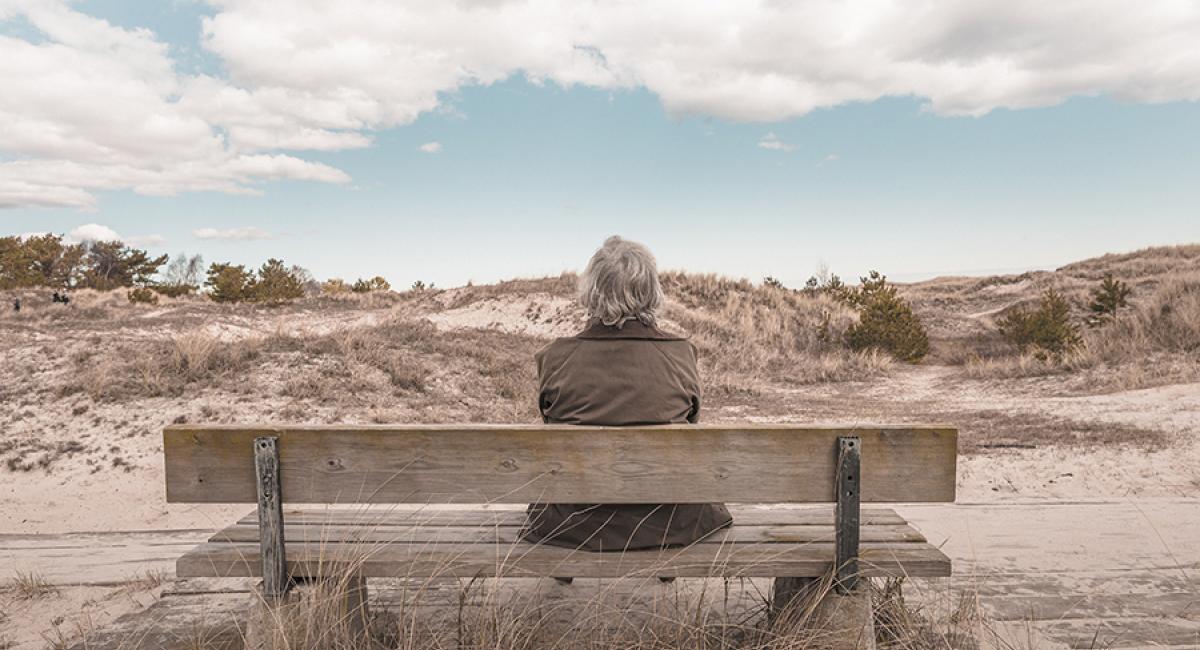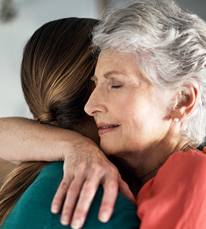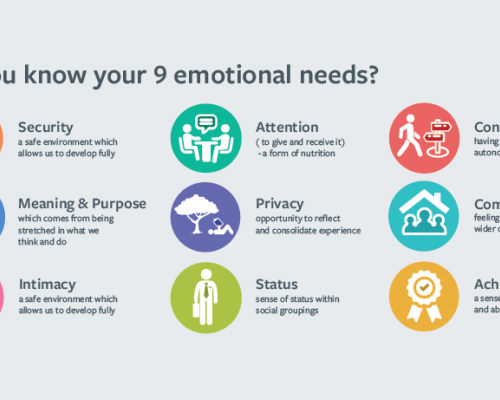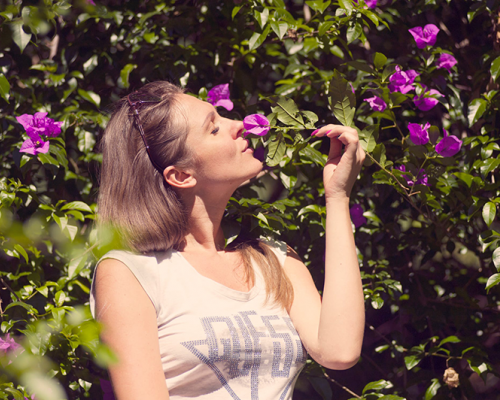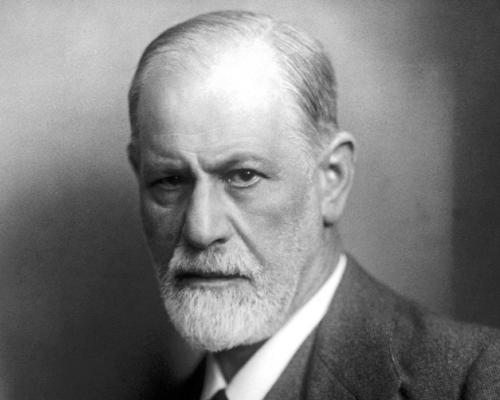Dying and Death
"...in this world nothing can be said to be certain, except death and taxes"
So goes the quote attributed to Benjamin Franklin in 1789 in a letter where he described the newly established American Constitution as having “an appearance that promises permanency”. But of course nothing is permanent and nothing is certain in life, except that our mortal, embodied life, as we know and understand it so far, ends in physical death.
When?
That’s the big unanswerable question: the uncertainty of which can cause us debilitating fear or a ‘head in the sand’ attitude of ignoring the inevitable. Imagine if we knew we had, say, seventy years here, the traditional three score years and ten, at the end of which we would die peacefully in our sleep. How differently might we live our lives with knowledge of a certain time span? What would we prioritise? What would we make sure we had definitely done, and organised, before the end, and what wouldn’t we waste our time on? It’s quite a thought isn’t it. But an academic one, as we cannot know the moment, the cause, or the process of our demise.
Well that’s not quite true. Those of us who die suddenly – through fatal accident, or catastrophic medical event – cannot predict it of course. But for a lot of us there will be signs, clues. Perhaps we are growing old and infirm, or maybe we have had a life-shortening medical diagnosis. In these instances there is a chance to prepare, and to come to terms with the situation. But only if we can see past our own fear, can get our head out of the sand, face the truth and allow ourselves to think clearly, can we make best use of the time left.
Looking at the situation through the human givens lens, it’s clear that such a life changing event as becoming aware of one’s impending death is going to cause some upset. If you look at the cycle of depression and perhaps imagine it’s called the cycle of adversity instead – in terms of new events (or knowledge) causing an adverse change to one’s map of reality – then it can be seen that being given a life-ending prognosis is going to put one into a spin cycle of worry, anxiety, anger, catastrophic thinking, poor sleep, exhaustion and reduced functionality, all leading back round the cycle with more worry and so on. Left unchecked, this cycle will lead to depression. And who needs the added burden of depression when time is of the essence?
With such a prognosis there will be major changes in lifestyle: for instance having to stop work, being less able to enjoy normal activities, hobbies and socialising, being more dependant on family or friends for necessities, ranging from lifts to hospital appointments to domestic help, to intimate personal care, as one’s own abilities diminish.
Perhaps the change is even more sudden, in that a hospital visit becomes permanent. In this case the shock can be even greater as the fundamental backdrop of daily life – home, with all its familiar goods and chattels – is whipped away.
How can the human givens approach help when every aspect of our lives is thrown up in the air like this? It is at these most extreme of times that we desperately need a framework to hang on to, in order to be able to recover from the shock, calm down, step off the cycle of adversity, get used to our new reality, think clearly and figure out how to live what remains of our life to the best of our abilities. In short: by drawing upon our innate resources we can find our way through adversity and find new ways to meet our essential emotional needs.
Hands up who’s not going to die? Hands up who is going to die? Yup, thought so. Surely it’s better, then, to fully acknowledge that it’s going to happen and be prepared ahead of time – time being such an elastic and unpredictable thing anyway. Why wait until it is imminent and panic might prevent us from being able to make full use of our final weeks or months? Think it through now, and be prepared. Lawyers say it’s never too soon to make a Will, and the same can be said for every form of preparation – emotional and psychological as well as material.
If prepared when our time comes, there may still be shock, dismay, anger and so forth, but there will also be a plan in place, a framework to turn to, within which our needs for security, control, connection, meaning etc can still be met. And we will know that we have matters in hand: we sorted our paperwork, took that trip to see the wonders of the world, wrote the novel, passed on our love and advice to our children. And it’s worth noting here that, on their deathbed, virtually nobody wishes that they had worked harder or earned more, whereas a lot of people wish they had been more adventurous, more loving and more inquisitive about life.
A dear friend of mine who has recently been given “bad news” as he calls it (untreatable cancer) says that the hardest aspect is not being able to plan ahead. Recently retired, he and his wife had looked forward to travelling the world, which isn’t possible now. In her book “On Death and Dying” Elizabeth Kübler-Ross delineated the classic “stages” of dying as “denial and isolation, anger, bargaining, depression and acceptance” and my friend says he goes through all of those on a daily basis, “they scud across my landscape like the sun-wind-rain of Scottish weather”.
His solution has been to focus on his allotment, planting seeds that he may never see grow, but that someone else will. As he said while we regarded his beautifully prepared raised beds, “whatever the medics say, I’m still here and I’m still standing and look, that pear tree has buds on it” and with that he set about fixing the catch on the polytunnel door.
By definition I haven’t experienced this time of life personally, but I have recently watched my mother go through a very knowing, conscious and focussed two month process of dying and death, and being with her through this most intimate of times has taught me such a lot.
My mother seems to have been prepared, and while the process of her death was still sad, the fact that she was calm, clear-headed and ready for the challenge that lay ahead for her, enabled all of us, family, friends and professionals alike, to also be calm and give of our best. In those final weeks my mum even found the capacity to enjoy making new friends, and to talk to each of us in more candid and thought provoking ways than she ever had before. It was as if her imminent death released her from a lifetime of obeying social norms and expectations. She also gave freedom to her wicked sense of humour, which we had always sensed was there, but reined in. It was, honestly, a joy to behold.
Another aspect of dying and death is how it feels for those being left behind, bereft. Again, my mother was instructive. When first diagnosed she made it clear that she needed a bit of privacy (one of our essential emotional needs) to get used to her new reality – to get her head around everything – before telling wider circles of family and friends and having to deal with their responses. When I and my siblings set up a rota of staying overnight by her bedside she shooed us away – she needed space and time to think. And having told friends and family and seen them all once or twice, she told most of them not to visit again – she needed her remaining energies to focus on the job at hand. She actually swore when, two days before her death, she received a bunch of flowers from her nephews. “Oh **** I’ll have to write a thank-you note!” (We assured her that we could do it!) Having been the epitome of mannerliness all her life, I applaud her for this bold honesty.
One of the hospice nurses explained to me that dying people often need to be allowed to stop being parents/partners/children – to stop feeling that they have to look after the remaining family members’ emotional needs and to be given freedom to focus on their own. We had to show her that we’d be OK without her – which goes against the grain somewhat, but it’s a bald truth that emoting all over a dying person doesn’t help them to take on their journey unhindered. She wanted to be reassured that our lives would continue to be fulfilling and meaningful – in other words that we could get our needs met without her. That was difficult.
An adult daughter watching an elderly mother die is in the natural order of events, but how much harder for a child to lose a parent, or a parent watch a child die, or a spouse lose their partner. Yet all of these situations arise. In the face of extreme adversity – losing a loved one, or at the prospect of losing one’s own life – how do we rise to the challenge, how do we cope? By reaching for our wealth of innate resources, by looking to our own and others’ essential needs and by learning to face our fears, fasten our seatbelts and embrace the journey.
As the story goes, “we can’t go over it, we can’t go under it, oh no! we’ve got to go through it.” 1
Julia Welstead, February 2019
- “We’re going on a bear hunt” by Michael Rosen
Latest Tweets:
Tweets by humangivensLatest News:
HG practitioner participates in global congress
HG practitioner Felicity Jaffrey, who lives and works in Egypt, received the extraordinary honour of being invited to speak at Egypt’s hugely prestigious Global Congress on Population, Health and Human Development (PHDC24) in Cairo in October.
SCoPEd - latest update
The six SCoPEd partners have published their latest update on the important work currently underway with regards to the SCoPEd framework implementation, governance and impact assessment.
Date posted: 14/02/2024




